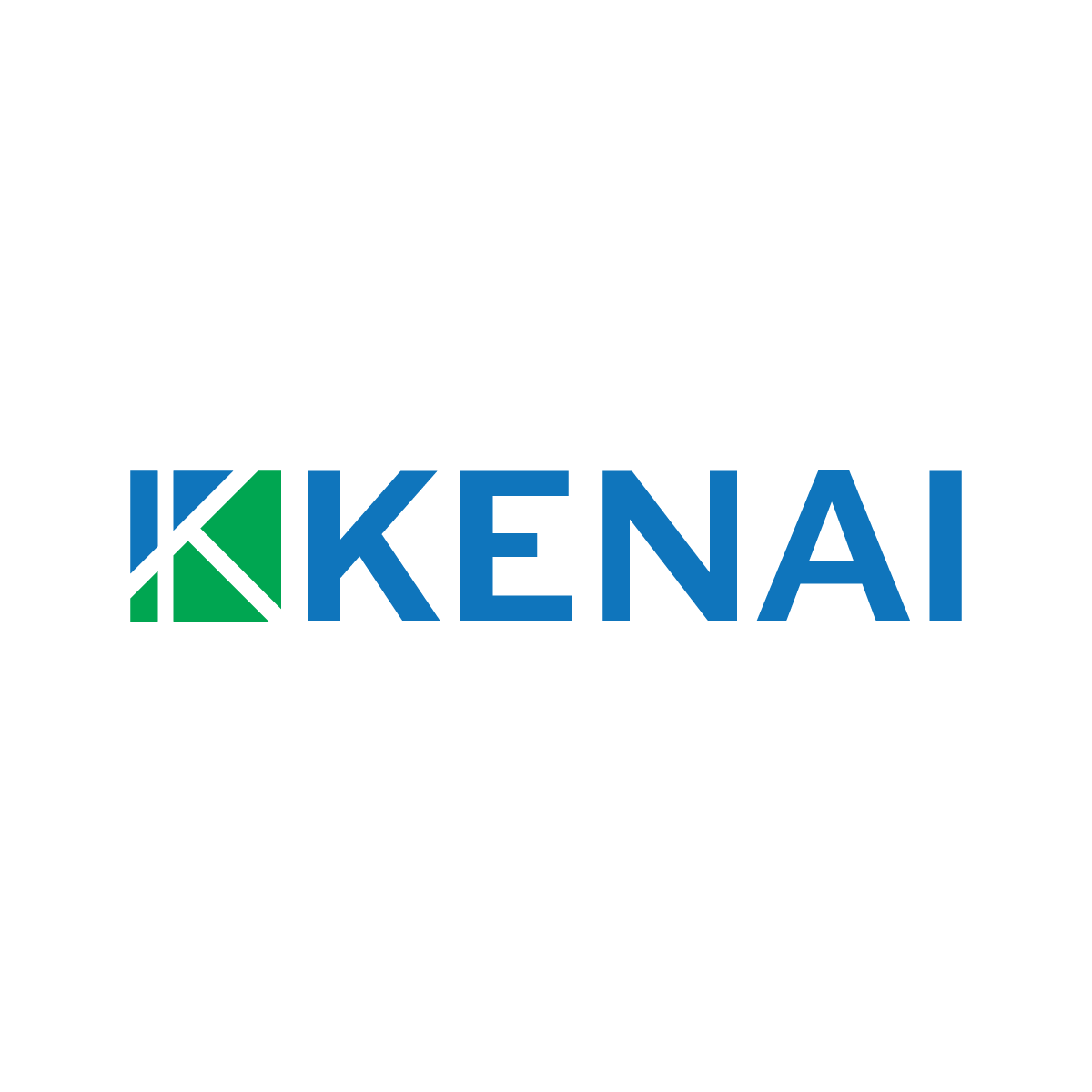Cybersecurity isn’t just about protecting data; it’s a means to instil trust. Your customers, employees, and stakeholders expect their information to be safe in your hands.
The vendors you select aren't just service providers; they are extensions of your business. Many leaders fall into the trap of surveying vendors based on their benefits, overlooking how robust their security practices are. But here’s the reality your leadership team cannot afford to dismiss: your vendor’s cybersecurity vulnerabilities can quickly become your organisation’s vulnerabilities. Harnessing the power of strong cybersecurity when evaluating vendors can save you from potential financial loss, regulatory penalties, and reputational damage down the road.
When vendor selection is based solely on cost or features, organisations risk compromising their security posture. Cybersecurity should not be viewed as an afterthought but as a critical factor shaping your vendor selection process. Whether you're onboarding a software provider or outsourcing IT services, understanding your vendor’s approach to cybersecurity is vital for long-term success.
Why Cybersecurity is a Non-Negotiable Factor
The phrase "you're only as strong as your weakest link" is particularly fitting in modern business ecosystems. Vendors often have access to sensitive information, intellectual property, or operational systems. A single weak link in this chain can leave your organisation exposed to risks such as data breaches, service disruptions, or non-compliance with regulations.
The stakes get even higher when you consider regulatory requirements. Compliance frameworks like GDPR, NIS2, and CCPA place the responsibility squarely on your shoulders. If one of your vendors fails to follow compliance standards, your organisation will face the consequences in terms of penalties, reputational damage, and customer trust. Simply put, cybersecurity failures from vendors can leave lasting scars on your business.
By prioritising cybersecurity when evaluating potential partners, you’re not just meeting regulations; you’re demonstrating a commitment to protecting your stakeholders and aligning yourself with organisations that value long-term resilience over short-term convenience. This approach builds a safer, stronger supply chain and raises the standards across your business ecosystem.
The Cost of Neglecting Vendor Cybersecurity
Imagine this scenario. Your newly onboarded IT services vendor runs routine maintenance, but unbeknownst to you, their systems are riddled with vulnerabilities. Within weeks, your confidential files are leaked online, damaging your credibility and opening your business up to relentless financial penalties.
Unfortunately, this is not hypothetical. High-profile breaches, like the Target hack of 2013, trace back to vendors. A compromised third-party HVAC vendor enabled cybercriminals to access Target’s payment system, exposing over 41 million customer records. The aftermath involved
millions in penalties and a major blow to brand trust. Stories like this make it crystal clear why vendor cybersecurity matters.
Evaluating Vendors Through a Cybersecurity Lens
When assessing vendors, a cosmetic review of their capabilities is not enough. Dig deeper to evaluate their security credentials and frameworks and ensure they align with your organisation's security policies and values. Here are the core areas to focus on:
Security Certifications and Protocols
Verify that the vendor complies with industry-standard cybersecurity certifications such as ISO 27001 or SOC 2. These certifications demonstrate that the vendor has established and regularly audits security standards.
Additionally, inquire about their data encryption practices during storage and transmission, multi-factor authentication (MFA) protocols, and other measures to protect sensitive information from unauthorised access.
Incident Response Plans
What happens if a security breach occurs? Vendors must have a well-documented and tested incident response plan. Review this documentation and ask for prior examples of how they have successfully managed incidents. A robust plan ensures quicker containment, mitigation, and recovery from threats.
Data Privacy and Compliance Policies
Choose vendors who not only understand your industry's compliance requirements but actively uphold them in their processes. Look for transparency in how they handle data, particularly if they process Personally Identifiable Information (PII).
Vendor-Employee Awareness
A vendor's cybersecurity competence extends to its employees. Training and awareness programs reduce the likelihood of human error, a major cause of breaches. Confirm whether the vendor regularly educates staff on phishing attacks, password security, and data management best practices.
Continuity and Resilience
Ensure your vendor has tested business continuity (BCP) and disaster recovery plans in place. These measures minimise disruptions and mitigate cybersecurity risks during crises, enabling your organisation to maintain seamless operations.
Cybersecurity Benefits Beyond Risk Management
Cybersecurity is often associated with risk prevention, but its benefits extend far beyond avoiding disasters. Aligning with cyber-secure vendors proves advantageous across multiple dimensions:
· Customer Trust: When customers know you value data security, they’re more likely to stay loyal to your product or service.
· Operational Efficiency: Vendors with effective security measures in place will experience fewer operational disruptions, leading to smoother day-to-day interactions.
· Competitive Edge: By building a robust, secure vendor ecosystem, you position your organisation as a reliable and forward-thinking leader in your industry.
Actionable Tips for Building a Secure Vendor Ecosystem
Developing a strategy to assess and onboard cyber-secure vendors doesn’t need to be overwhelming. Follow these actionable steps to simplify the process:
1. Ask the Right Questions:
During initial discussions, prioritise cybersecurity questions. For instance:
o What certifications does your company hold?
o How frequently do you test your cybersecurity controls?
o What is your approach to securing sensitive data specific to our industry?
These pointed questions will reveal a vendor’s commitment to security.
2. Integrate Security into Contracts:
Ensure cybersecurity requirements are clearly defined in contracts and service-level agreements (SLAs). Outline accountability measures and remedial actions in case of a breach.
3. Adopt Ongoing Monitoring:
Vendor relationships don’t end after onboarding. Implement regular vendor security audits to catch emerging vulnerabilities early. Consider deploying third-party risk platforms for continuous monitoring.
4. Collaborate for Improvement:
Establish mutual learning frameworks. Share your organisation's cybersecurity initiatives and expectations to enhance vendor practices and strengthen mutual security postures.
5. Be Proactive with Education:
Cybersecurity technologies evolve rapidly. Host training workshops or provide educational materials for your team and vendors to stay informed about the newest threats and solutions.
Building a Cyber-Secured Future
By embedding cybersecurity into your vendor selection process, you’re not just managing risks; you’re investing in a resilient future. Strong cybersecurity practices between your organisation and vendors cultivate a reliable ecosystem that builds trust, fosters operational excellence, and unlocks opportunities for sustained growth.
Selecting the right vendor isn’t just a choice; it’s a strategy for long-term success.
































